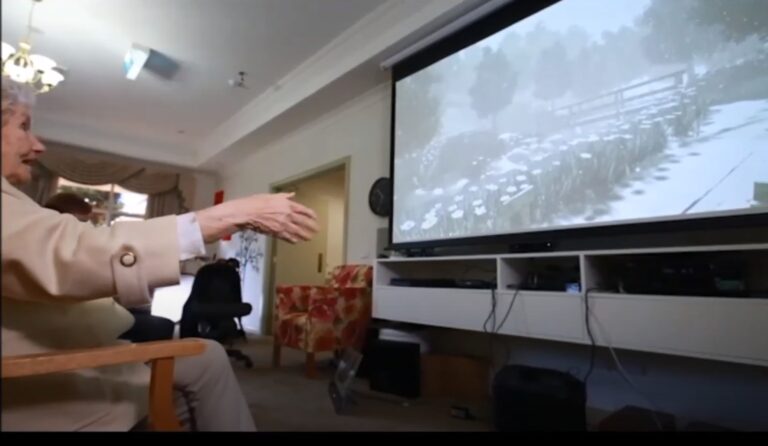
Virtual Forest Project Calms & Connects in Dementia
See how The Virtual Forest Project lifts people with dementia.

See how The Virtual Forest Project lifts people with dementia.
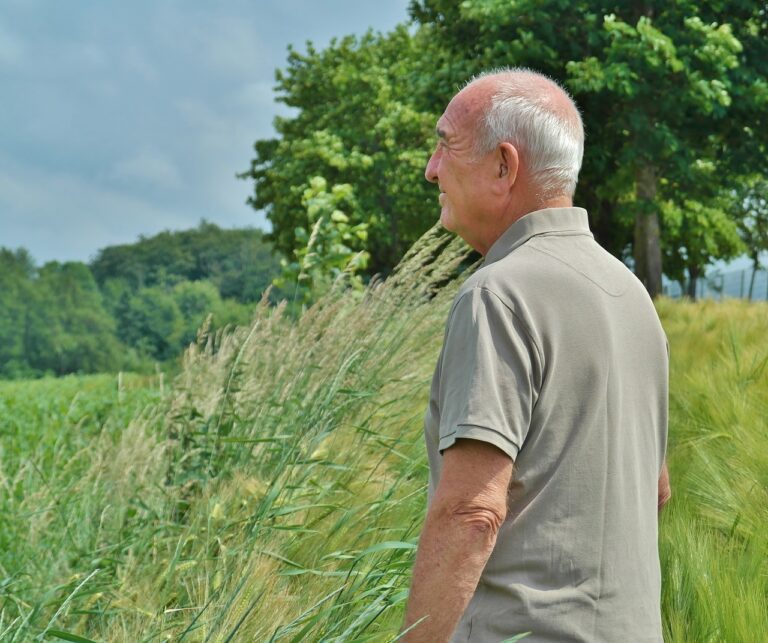
The Alzheimer’s Foundation of America is offering virtual memory screenings through its National Memory Screening Program, free. It’s easy to get one.
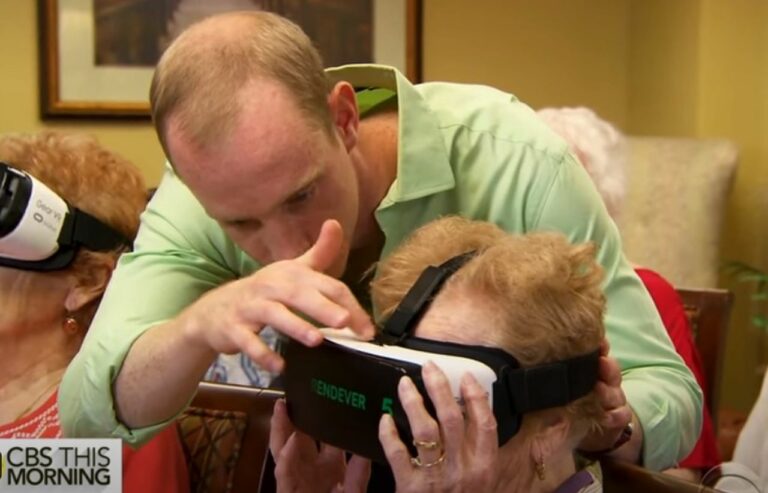
M.I.T.’s Rendever takes dementia residents like Miriam Keith back to wonderful places no longer accessible to them.
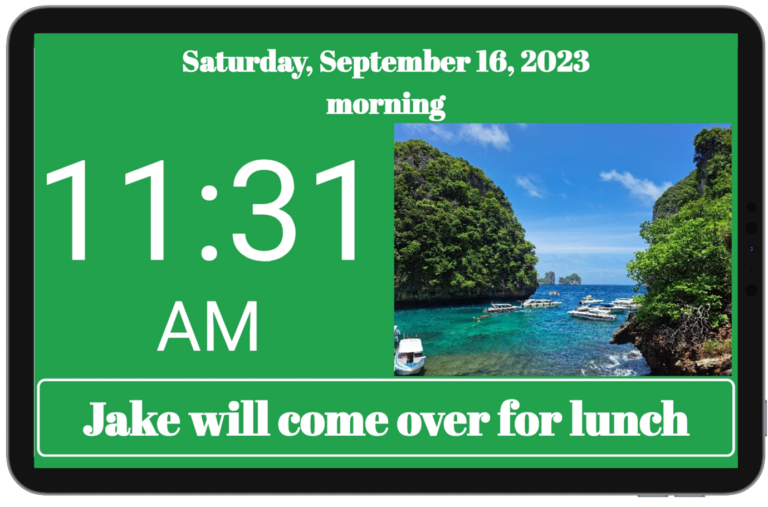
This free “Calendar Clock” app assists caregivers and people with dementia with their daily schedule. This reduces frustrating “time-disorientation.” It also offers monitoring, appointments, and video calling. This all provides a sense of security to both caregiver and care-receiver. It is a free application co-created by many real-world users.
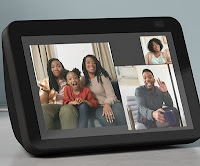
The co-founder of a caregivers’ organization introduces technology he has found helpful in caring for his grandmother with dementia.
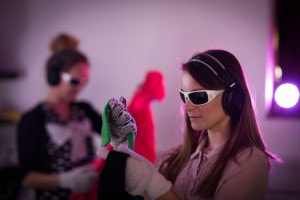
A 12-minute virtual Alzheimer’s tour helps care professionals understand and teach more than they ever imagined about dementia. Learn what a loved one with dementia is going through. Find out what the “Community Edition” has to offer.

There are myriad technologies that can be helpful in making life easier for people with dementia. Learn more.
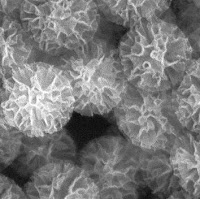
Nanodevices are the newest weapon in medicine’s growing arsenal to fight Alzheimer’s. They capture dangerous peptides before they can assemble to form Alzheimer’s plaques in the brain.
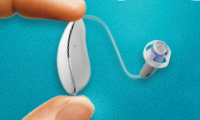
A groundbreaking study determined hearing aids reduce cognitive decline. The extensive research spanned 25 years and included over 3,000 people. Find out how much hearing aids help.
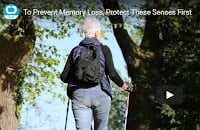
See how hearing aids and cataract surgery slow memory loss and fight cognitive decline. Learn what vision & hearing interventions can do to fight dementia.

Empower yourself with a detailed report of your brain’s function, consisting of an assessment of your cognitive function and your brain connectivity with a quick 45-minute on-site appointment.

Kimberly Warnick, Certified Dementia Practitioner and Care Navigator

Selling Alzheimer’s books takes time – buyers rarely commit right away. Smart authors plan for the long game, offering gentle, repeated reminders to buy. No tool does this more effectively or simply than the Alzheimer’s & Dementia Weekly Newsletter service. Keep your book—and its message—at the center of your readers’ attention.

SHORT-TERM MEMORY lapses are obvious signs of Alzheimer’s, but other tell-tale signals begin to show much earlier. Learn how to look for semantic impairments, such as simple questions about size.

Three important dementia studies focus on HS-AGING, a type of dementia almost as common as Alzheimer’s in the 85+ group. Yet few people have heard of it. Why? What makes it different?

An intriguing study of 120 grandmothers might surprise you. Doctors know socially engaged people have better cognition and less dementia. But can a person get too much of a good thing? What’s the right balance?

Enjoy this great duet between a musician with dementia and his son. A triumph of spirit over Alzheimer’s! Sing-a-long if you like!
No spam, only news and updates.



This site was inspired by my Mom’s autoimmune dementia.
It is a place where we separate out the wheat from the chafe, the important articles & videos from each week’s river of news. Google gets a new post on Alzheimer’s or dementia every 7 minutes. That can overwhelm anyone looking for help. This site filters out, focuses on and offers only the best information. It has helped hundreds of thousands of people since it debuted in 2007. Thanks to our many subscribers for your supportive feedback.
The site is dedicated to all those preserving the dignity of the community of people living with dementia.
Peter Berger, Editor